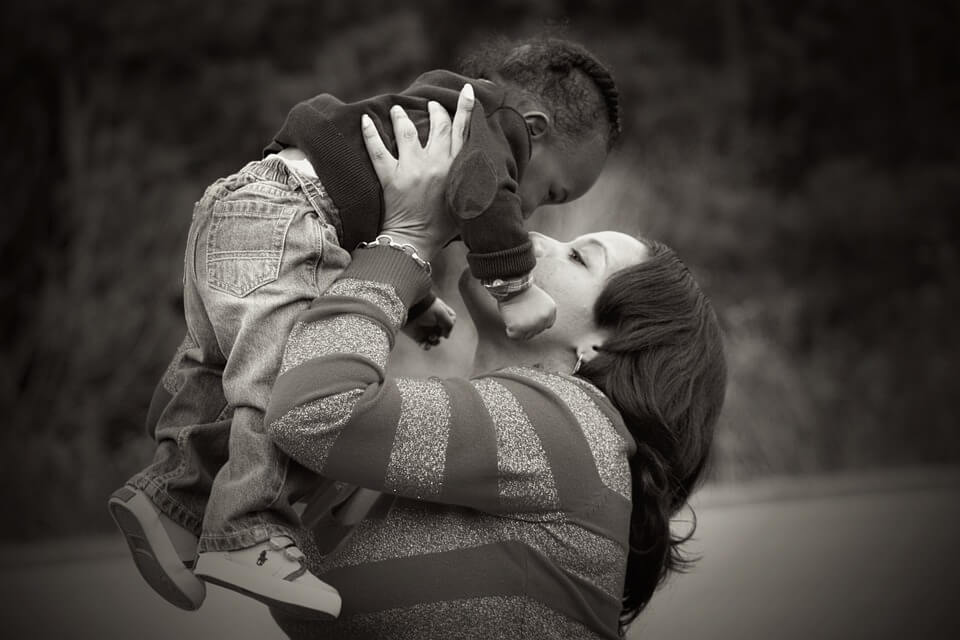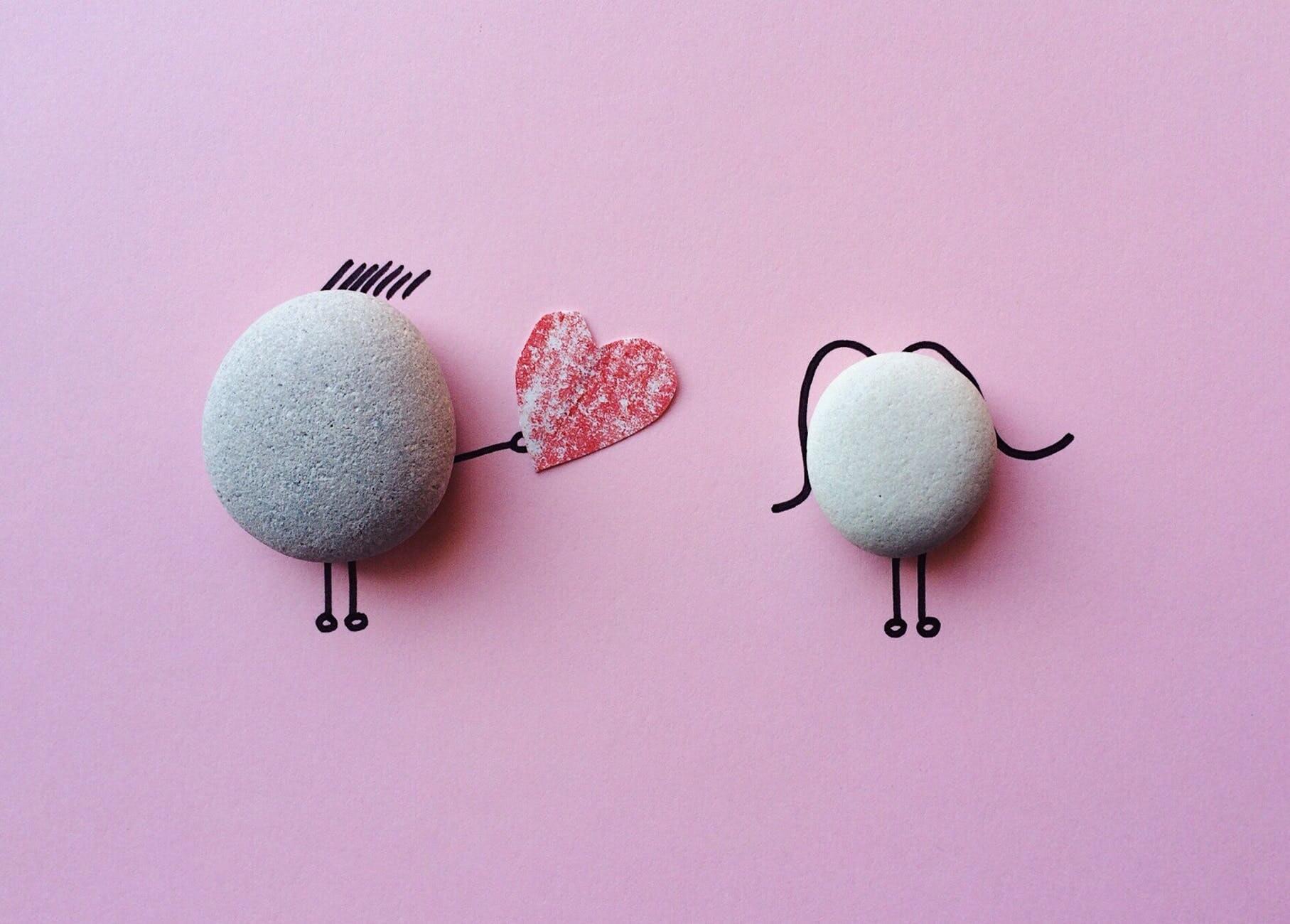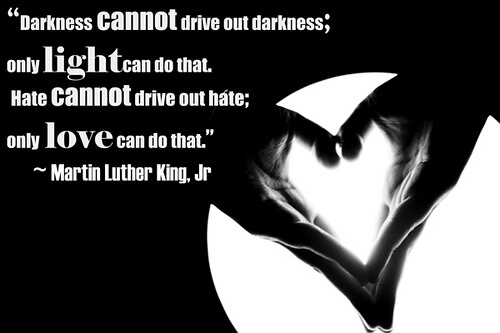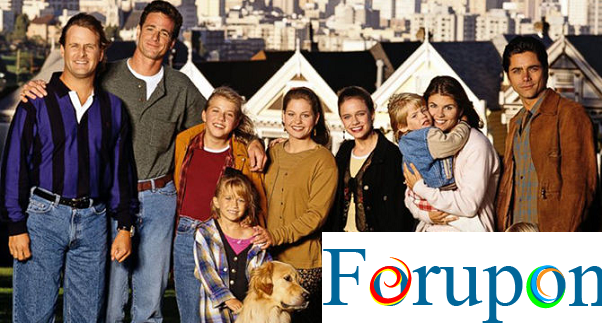For upon |To define unconditional love is to say that a person loves someone unselfishly, that he or she cares about the happiness of the other person and will do anything to help that person feel happiness without expecting anything in return. In other words, the definition of unconditional love is “love without conditions.”
To put an unconditional love definition another way, this is the type of love that exists between a parent and child, or even between a dog and his master. It is a love that is given without expecting or even really caring if that love is returned. You love this person wholeheartedly, and nothing is going to change that.

Source:pixabay.com
Conditional Vs. Unconditional Love
You may have heard of unconditional love more often than conditional love. So what is conditional love? Conditional love focuses more on a person or thing. For example, you can say “Man, I love this car. It runs great!” This would be an example of conditional love. You love the car because it runs great. If the car suddenly started stalling out on the highway, though, you may no longer love that car. Your love for your car is conditioned upon its running great.
When it comes to people, conditional love refers to our love for someone when that person conforms to the idea of how we expect a person to think, act, dress, etc. Take, for instance, society’s love for celebrities. We may feel like our love for a celebrity knows no bounds, and that there’s nothing they could do that could sour that love. Then, we find out that our favorite celebrity is an abuser, and we can’t get their movies or music out of our collections fast enough. Our love for that celebrity was conditioned upon their fulfilling all of our expectations. Once they fell short, our love ran out.
Conditional love, therefore, is more about control than real love. You love someone or something because you are under the illusion of control. However, once that person or thing can no longer be “controlled,” you no longer love it. This is why conditional love does not make for a healthy relationship whatsoever. If your partner is trying to control how you dress, act, and feel, then he or she is trying to make you live up to their ideal of you in their head, not the person you are. Accepting you for who you are is unconditional love. Making you up into a false image they have created for you is conditional love.
Passion is conditional love. This is why, when the passion runs out, sometimes hatred takes its place. Both are incredibly strong emotions, and when someone we’re passionate about does something to hurt us or otherwise change our opinion of them, that passion can turn to hatred. This is why passion and hatred are both sides of the coin that is conditional love, and this is why neither emotion can or should be present in a mature, long-lasting relationship.
Is Unconditional Love Possible?
You may ask yourself: is it possible to fall in love with someone unconditionally? And the answer is: absolutely! It’s not something that just comes along easily, though. Unconditional love is mature love, and so it may be too much to expect someone to love us unconditionally if we become clingy or overly dependent on the other person to fulfill our needs.
You may have heard that it is unhealthy to make your life all about your partner, and this is true. You need friends, hobbies, and other interests besides your partner to balance yourself out. Relying too much on your partner to fulfill all your needs can burn a relationship out, and frankly, it’s unfair to your partner.
You need to take care of yourself so that your relationship becomes the cherry on top of the cake, as opposed to the whole cake. Once you ensure that your own needs have been met, then you have a much better chance of seeing your relationship blossom into one that is respectful and filled with unconditional love. Else, your relationship will be barely above that of a relationship between a parent and child: “I expect you to love me forever, no matter how badly I may treat you.”
How To Know If You Love Unconditionally In A Relationship

Source: pexels.com
Unconditional love isn’t just for parents and pets. Romantic love can become unconditional love, too – in fact, “true love” is synonymous with unconditional love. You’ll know you have unconditional love for another person when you don’t judge that person for his or her faults, and when you feel and express empathy when they’ve had a bad day.
Ultimately, unconditional love boils down to something you’ve heard all your life: you accept your partner when he or she is at their worst, and enjoy them when they’re at their best. This is one of those bits of advice that are offered when you’re trying to decide if the person you’re with is the person to marry. If they’ve seen you at your worst and they’re still in love with you, that one’s a keeper.
When you love and are loved unconditionally, you don’t feel the need to play head games with each other. You know not to take it personally when they’re in a bad mood, and you encourage them to talk about their feelings and offer them the patience and compassion they need to get through it. Above all, you know you’re both in it for the long haul and can’t see yourselves ever being with anyone else.
The Difference Between Unconditional Love And Abuse
It is easy to misconstrue the unconditional love meaning by interpreting it to mean that you’re justified in loving your partner no matter how they badly they treat you. While this may be unconditional love, it’s also unhealthy. Your partner may feel unconditional love for you, too, but this does not give him or her carte blanche to abuse you, knowing that no matter how badly they treat you, you will always come back.
Unconditional love is meant to overlook the little annoyances in a relationship, like eating the last donut and leaving the empty box on the counter or forgetting to put the toilet seat down. Unconditional love is not meant to forgive your partner being physically, emotionally, or verbally abusive toward you. If you are in an abusive relationship, it is important that you get help and get out.

Source: flickr.com
Unconditional love is rooted in caring for another person and being cared for in return. It is not supposed to be a reaction to our partners out of an obligation to them because it is expected of us. The main thing to remember about unconditional love is that it is about the sharing of power. If one person exerts power over the other, that is not unconditional love. Unconditional love is about compromise and sacrifice. If your partner isn’t willing to do that, but you are, this is not unconditional love, but destructive self-sacrifice.
Looking For A Soulmate
You don’t have to be dating someone long to feel unconditional love for that person. Some of us feel it right from the outset. However, unconditional love can turn conditional when you begin to nitpick the relationship, looking for signs as to whether you could live with that person for the long haul.
This isn’t necessarily a bad thing. In fact, it might be better for you to be able to reduce your unconditional love to conditional love so that you can properly evaluate the relationship before going any deeper into a commitment with this person. We all know that couple that got married too fast and only realized when it was too late that their partner was not compatible with them, that they lacked the necessary communication and problem-solving skills that make great marriages work.
The idea of a “soulmate” is that the conditional love and the unconditional love will eventually overlap, making this person your ideal partner. A lot of us put stock in meeting our “soulmate,” yet it is naïve to believe that in a world consisting of billions of people, there is only one person out there for you.
The truth is, many people can connect with you on that intimate level. The problem is that such a connection is rare, and so while it may feel like you are only able to do this with one person, the fact of the matter is that you just have to kiss a lot of frogs before you find your prince.
This is very important to remember if you feel you have found your soulmate, and then things go awry. Maybe your partner turns out to be the complete opposite of who you thought they were. Or, perhaps even sadder, maybe you did find your ideal partner, and then they passed away. It can give you hope to know, though, that there are other soulmates out there for you. You may have to do a lot of work to find another one, but he or she is out there, which can help encourage you to keep up the fight.
Sources:
https://www.mindbodygreen.com/0-4171/Unconditional-Love-How-to-Give-It-and-How-to-Know-When-Its-Real.html
https://www.eharmony.com/unconditional-love/
https://www.psychologytoday.com/us/blog/intimacy-path-toward-spirituality/201801/is-unconditional-love-really-possible


Comments are closed.